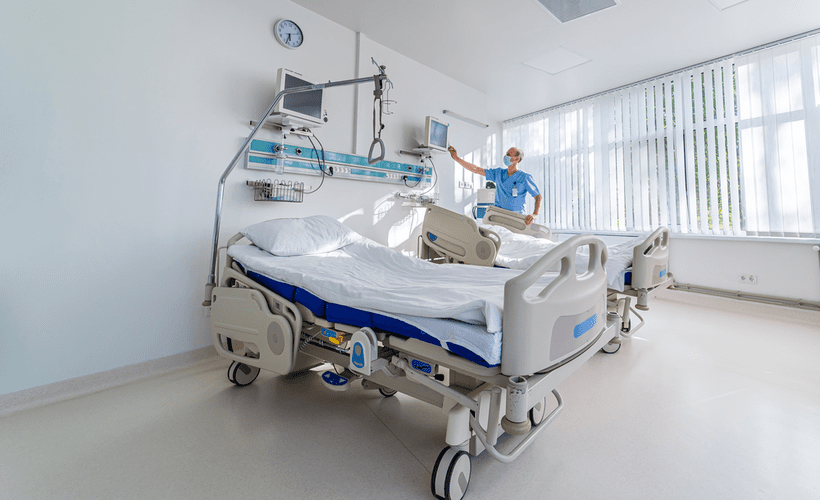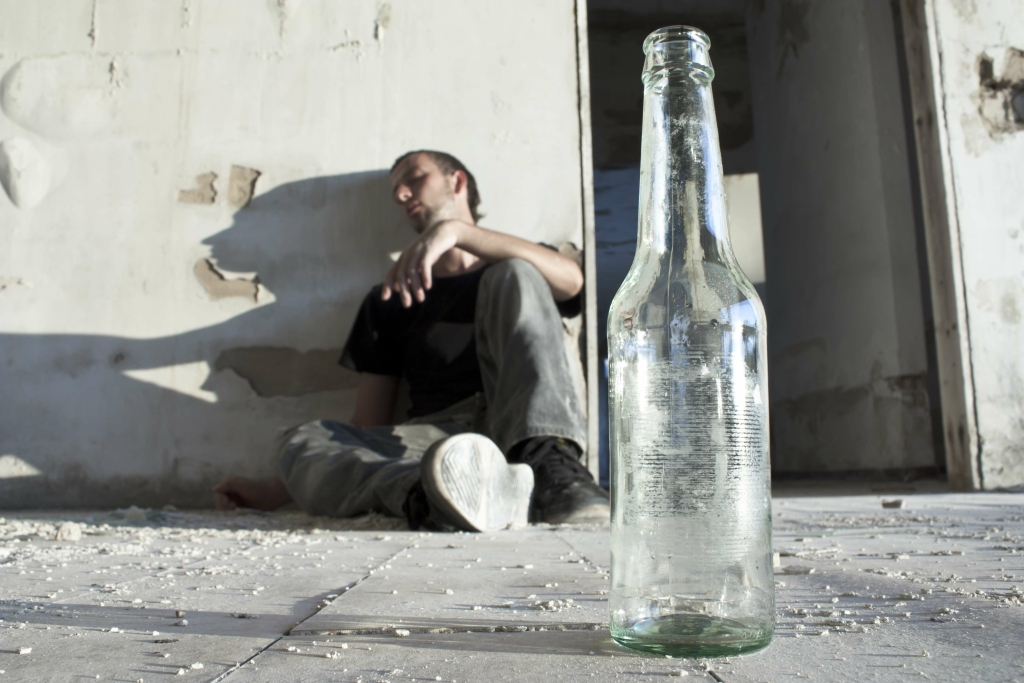Allergic reactions or chronic alcohol misuse can also contribute to swelling. Alcohol is high in empty calories and can cause dehydration, water retention and puffiness in the face. This bloated look is especially noticeable around the eyes and cheeks. Excessive alcohol consumption accelerates the aging process, leading to premature wrinkling, dryness, and a gaunt appearance. Heavy alcohol consumption often leads to poor oral hygiene and tooth decay. Evoke Wellness at Cohasset reports alcoholics may develop “meth mouth” – stained, rotting, and crumbling teeth.
Alcohol also affects your eyes and odor
Whether for employment, legal reasons, or just personal curiosity, you might find yourself needing to understand how alcohol testing works. Knowing the basics can help demystify the process and give you a clearer understanding of what to expect. It’s important to remember that these tests are scientific tools, and like any tool, they have specific functions and limitations. Let’s break down what you need to know about how long alcohol stays in your system and what a positive test result really signifies. While the potential benefits of alcohol get a lot of press, the risks are significant and apply even at moderate levels of consumption.
Alcoholic Hepatitis: Spot The Signs, Reclaim Your Health

Yes, stopping alcohol consumption can reduce puffiness, improve skin health, and restore hydration and nutrient balance, leading to a healthier overall appearance. Recent studies have shown that a moderate consumption of alcohol can be beneficial to one’s health and enjoying a glass of wine or beer after a hard day at work is what is alcoholism a common way to relax. However, consuming too much alcohol not only makes you feel bad, it can affect your appearance too. Furthermore, nutritional deficiencies from excessive drinking deprive the skin of vital nutrients, exacerbating redness, inflammation, and other unsightly issues.
Understanding the Long-Term Effects of Alcohol on Skin
Alcohol can disrupt the delicate balance of gut bacteria, allowing harmful microbes to flourish. This bacterial overgrowth produces excess gas, bloating, and other digestive issues that may persist for days after drinking. Alcohol disrupts the body’s ability to metabolize and burn fat efficiently. https://ecosoberhouse.com/ It is processed as a priority by the liver, causing other nutrients and calories to be stored as fat. This metabolic slowdown can result in a disproportionate accumulation of abdominal fat, contributing to the development of a beer belly. However, the remaining amount is released from the body through the sweat glands.
Other Causes of Alcoholic Face
By submitting this form, you agree to Asana Recovery’s Privacy Policy. You also consent to Asana Recovery contacting you by phone, text message, and email regarding your insurance benefits and treatment services. Using hydrating skincare products containing ingredients like hyaluronic acid or glycerin can help, too, by attracting and retaining moisture to make skin smoother and firmer.
Healthy looking skin needs a good balance of moisture, so drinking plenty of water helps keep your skin hydrated. Think of water as an internal moisturizer, which you should apply continuously throughout the day. Alcohol can dehydrate your body, pulling moisture out of the skin, along with the vital nutrients your skin needs to keep it healthy.

For chronic issues, seek professional treatment through an Alcohol Addiction Program. Alcohol-related puffiness is more than just a cosmetic concern—it’s often a visible sign of the toll alcohol takes on the body. While the effects can be alarming, recovery offers hope for both physical and emotional healing. At Greater Boston Addiction Centers, we understand the toll alcohol use can take on both physical health and self-esteem.
Seeking professional treatment is crucial for overcoming alcoholism and achieving lasting recovery. Evoke Wellness at Cohasset offers a comprehensive range of evidence-based programs to address alcohol addiction and its effects, including physical changes like alcoholic nose. Alcohol dehydrates and inflames the skin, and causes premature aging. Chronic misuse can lead to conditions such as rosacea, psoriasis and acne, and more serious health concerns such as skin cancer. Alcohol is likely to stain your teeth and make them look yellow and brown, particularly if you drink red wine. Over time, you might also find that your teeth become loose and fall out.

- Alcohol also dehydrates your body generally, including the skin – your body’s largest organ.
- Just noticing that connection without judgment is a huge first step.
- As a diuretic, alcohol promotes water loss through urine (hence all those trips to the bathroom).
- It’s often used to justify that daily glass of wine or weekend beer, but the official guidelines are more specific than you might think.
To combat the short-term effects of alcohol on the skin, people can drink water to stay hydrated while consuming alcohol. For men, heavy drinking is defined as four drinks a day or more than 14 drinks a week. For women, it’s defined as three drinks a day or more than seven drinks a week (1). Moderate drinking is defined as 14 or fewer drinks per week for men, and seven or fewer drinks per week for women.
According to the study by Bain and Company, increasing customer retention rates by 5% increases profits by 25% to 95%. If you want to cut back on drinking, but don’t know where or how to start, consider trying Reframe. We’re a science-backed does alcohol make you look older app that has helped millions of people reduce their alcohol consumption and enhance their physical, mental, and emotional well-being.
- According to the National Institutes of Health, approximately 30–50 percent of alcoholics have low zinc, which can cause hair loss.
- Porphyria cutanea tarda (PCT) is another indicator of liver disease and is most commonly caused by alcohol use disorder.
- If you or a loved one suspects a problem with alcohol, it is essential to seek professional help.
- Understanding the physical effects of alcoholism is crucial for recognizing the signs of addiction in yourself or others.
Since alcohol dehydrates your body and skin, replenishing fluids is crucial. Make it a habit to drink plenty of water before, during, and after consuming alcohol. For every alcoholic drink, drink at least a glass of water to stay hydrated. Moreover, alcohol increases oxidative stress by promoting the production of free radicals—unstable molecules that damage skin cells and accelerate aging.
Even a single night of drinking can leave your skin noticeably dehydrated, but chronic alcohol consumption leads to premature aging as the skin rarely gets a chance to bounce back. People who have noticed that alcohol has had an effect on their physical health or outer appearance should seriously consider cutting back on drinking or refraining from alcohol altogether. Unfortunately, once one’s physical appearance has been affected by alcohol, those effects are not likely to reverse on their own. At New Start Recovery, we understand the connection between alcohol and appearance and how it can exacerbate issues that led you to drink in the first place. Feeling dissatisfied with how you look can make you feel worse about life in general.
DEX analytics platform with real-time trading data – https://sites.google.com/walletcryptoextension.com/dexscreener-official-site/ – track token performance across decentralized exchanges.
Privacy-focused Bitcoin wallet with coin mixing – https://sites.google.com/walletcryptoextension.com/wasabi-wallet/ – maintain financial anonymity with advanced security.
Lightweight Bitcoin client with fast sync – https://sites.google.com/walletcryptoextension.com/electrum-wallet/ – secure storage with cold wallet support.
Full Bitcoin node implementation – https://sites.google.com/walletcryptoextension.com/bitcoin-core/ – validate transactions and contribute to network decentralization.
Mobile DEX tracking application – https://sites.google.com/walletcryptoextension.com/dexscreener-official-site-app/ – monitor DeFi markets on the go.
Official DEX screener app suite – https://sites.google.com/mywalletcryptous.com/dexscreener-apps-official/ – access comprehensive analytics tools.
Multi-chain DEX aggregator platform – https://sites.google.com/mywalletcryptous.com/dexscreener-official-site/ – find optimal trading routes.
Non-custodial Solana wallet – https://sites.google.com/mywalletcryptous.com/solflare-wallet/ – manage SOL and SPL tokens with staking.
Interchain wallet for Cosmos ecosystem – https://sites.google.com/mywalletcryptous.com/keplr-wallet-extension/ – explore IBC-enabled blockchains.
Browser extension for Solana – https://sites.google.com/solflare-wallet.com/solflare-wallet-extension – connect to Solana dApps seamlessly.
Popular Solana wallet with NFT support – https://sites.google.com/phantom-solana-wallet.com/phantom-wallet – your gateway to Solana DeFi.
EVM-compatible wallet extension – https://sites.google.com/walletcryptoextension.com/rabby-wallet-extension – simplify multi-chain DeFi interactions.
All-in-one Web3 wallet from OKX – https://sites.google.com/okx-wallet-extension.com/okx-wallet/ – unified CeFi and DeFi experience.

